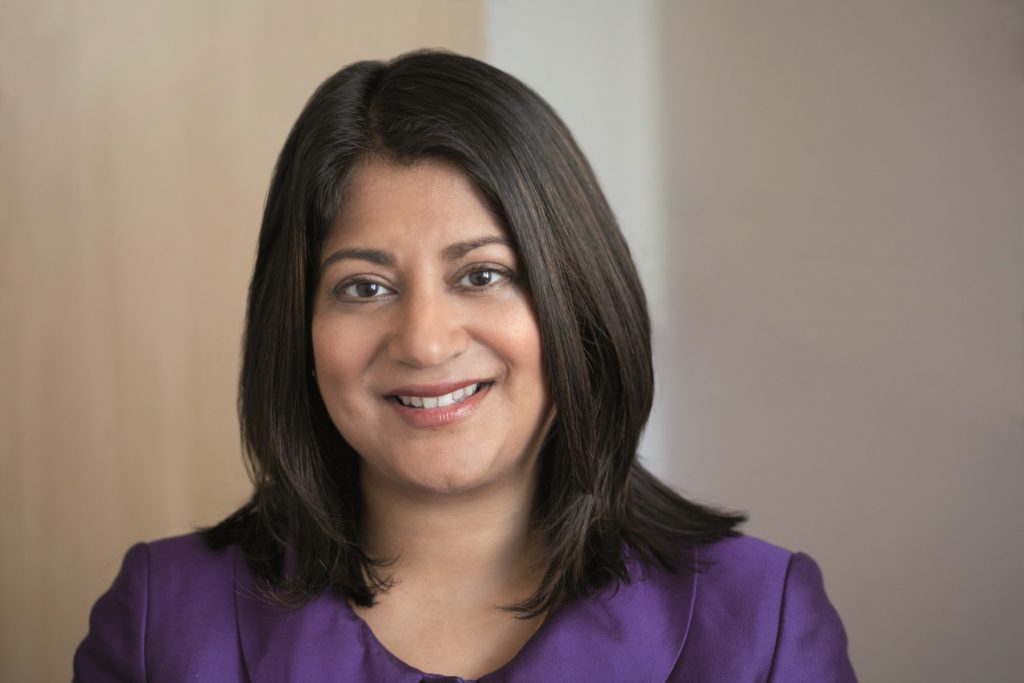MPs back Nebhrajani as NICE’s new chair after vetting meeting

Sharmila Nebhrajani has been confirmed as the new chair of the National Institute for Health and Care Excellence (NICE) after a pre-appointment hearing by the government’s Health and Social Care Committee.
At the meeting, Nebhrajani said the key challenges facing NICE include a hefty workload in the development of guidelines and technical documents, escalating health prices especially for rare disorders, and a change in both the chair and chief executive roles “after an extended period of leadership stability.”
There is a need for priorities to be set so that urgent guidance can be updated quickly, and the guidelines prepared for the NHS are “relevant and useful”, she told MPs.
On the issue of pricing, Nebhrajani said a priority will be to review the health economic analysis used to assess rare disease interventions, and to improve NICE’s engagement with patient groups.
Nebhrajani will be NICE’s third permanent chair, replacing Sir David Haslam who held the role from 2013 to 2019, and the agency is also seeking a CEO to replace Sir Andrew Dillon, who is due to step down at the end of this month after 21 years in the role.
The new chair should be judged on how quickly strong leadership with the CEO can be restored, delivering on the strategy and business plan, and “being able to support the wider health and social care system to deliver high quality, innovative services for patients and for taxpayers,” said Nebhrajani.
Risks facing NICE include increased cost pressures from new therapies that will require the agency to change the way it has traditionally operated.
That includes new personalised medicines that are placing “upward pressure” on its quality-adjusted life year (QALY) threshold for cost-effectiveness and require “balancing the interests of small groups against those of larger populations.”
It will also need to take into account the rapid growth in digitial therapies that will need different appraisal criteria to traditional drugs and medical devices, and the use of artificial intelligence and other new data formats to support new medical interventions.
She stressed the importance of NICE remaining “at arm’s length” from government and ministers and said that her own independence “will be preserved by maintaining an open, even handed but respectful distance from any one set of stakeholders.”
Nebhrajani will join the agency at a critical time in its history, as it tries to adapt to the emergence of new technologies like cell and gene therapies and navigates a review of its procedures and appraisal processes.
She also acknowledged the tightrope that the agency has to walk to maintain its standing with the public, often “in the context of a ‘human interest’ story” when a drug isn’t approved or a decision is slow to arrive.
Nebhrajani has agreed to step down from her current job as chief executive of Wilton Park, a not-for-profit agency of the Foreign and Commonwealth Office.
She will also step down as a non-executive director of the British Medical Journal (BMJ) on taking up the position of NICE chair, telling MPs the latter role presented “a substantive conflict of interest”, and is taking advice on a voluntary role as a governor of the Health Foundation charity.











